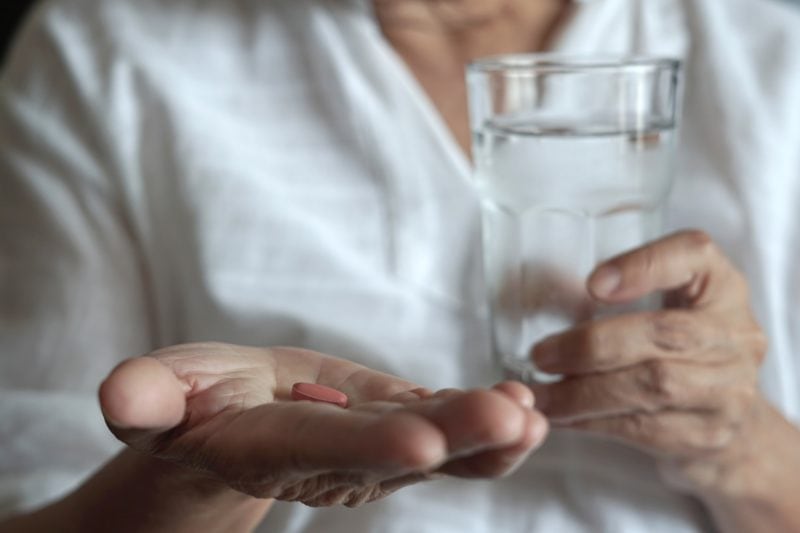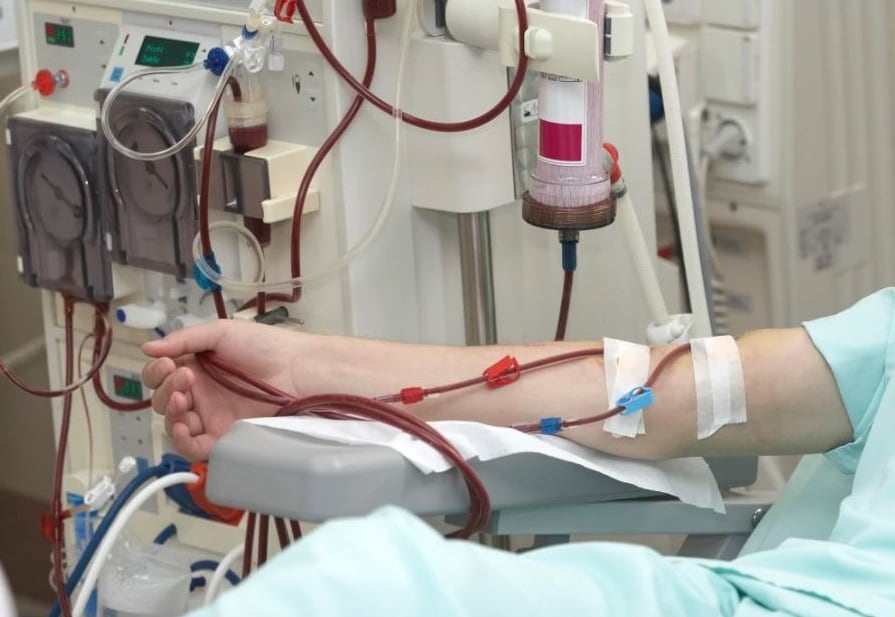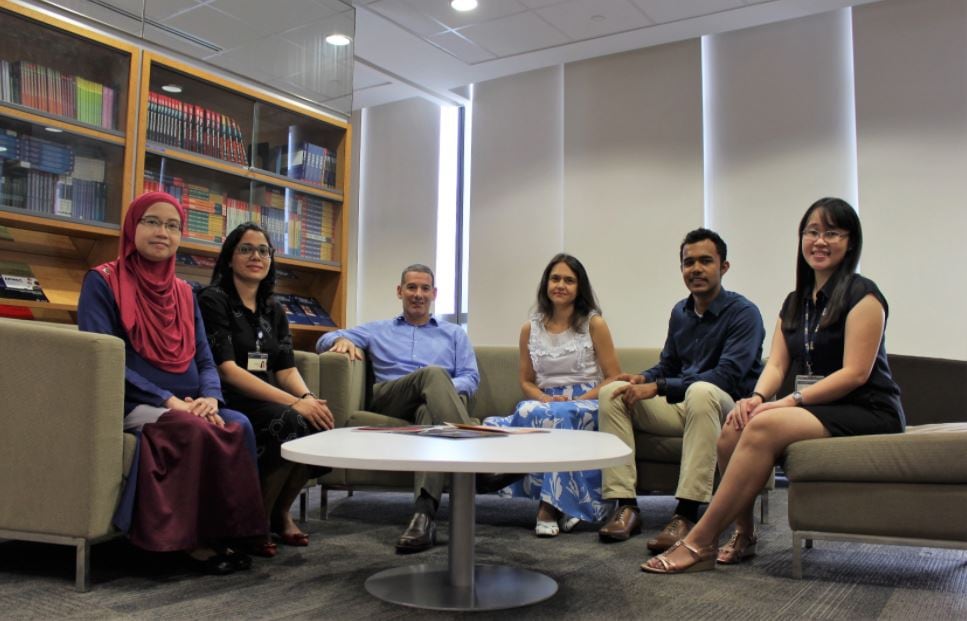The Little Known Alternative to Dialysis
29 Nov 2018For elderly kidney failure patients, treating the symptoms of the illness instead of opting for dialysis may result in better quality of life.
To many people afflicted with kidney failure, dialysis is their only option.
They are often too old or ill to have a kidney transplant. For those healthy enough to undergo the procedure, the waitlist for a cadaveric kidney – taken from a deceased person – is long, standing at 253 in June last year.
But there is actually another alternative that most have not heard of – conservative management. It means to use medication to maintain current kidney function, and to treat the symptoms of kidney failure instead, such as shortness of breath and poor appetite.

This is also the option that 77-year-old Mrs Choo chose. Inflicted with heart disease and having undergone a bypass surgery, Mrs Choo was also diagnosed with kidney disease 10 years ago. She was supposed to start on dialysis when her condition worsened in 2016.
Mrs Choo’s daughter, Choo Mei Chen said “It has been a year since her conservative management and my mother’s condition is still stable. If she had opted for haemodialysis back then, it would require her to go for another surgery to reduce the burden on her heart. This would be too much for her aging body.”
“As you get above 75 years old and develop multiple co-morbidities (additional diseases or disorders) like hypertension and diabetes, dialysis tends to offer you less and less benefit, said Professor Eric Finkelstein, executive director of the Lien Centre for Palliative Care at Duke-NUS Medical School.
“In fact, it is not clear if it extends your life.”
In 2005, a study was conducted in the United States on kidney failure patients who had opted for dialysis, and whose average age was 73. It found that slightly over half had died a year after starting dialysis, and only 13 per cent remained as fit as they were before the treatment.
Another study on patients in the Netherlands, published in 2016, found that there was no significant difference in survival between dialysis and conservative management among those aged 80 and above.

Despite this, the vast majority of kidney failure patients here, including elderly ones, receive dialysis.
In Singapore, eight in 10 kidney failure patients opt for haemodialysis, where they are hooked up three times a week to a machine that cleans their blood. The majority of the remaining patients undergo peritoneal dialysis, where fluid is put into the abdominal cavity daily to drain extra toxins and excess fluid from the body.
To understand why, Prof Finkelstein surveyed 161 patients aged above 65, and their caregivers at the Singapore General Hospital (SGH). These patients had not decided whether to receive dialysis at the time.
Barriers to conservative management

The team behind the research. From left to right, Ms Nur Asyura, Mr Ratna Singh, Professor Eric Finkelstein, A/Prof Semra Ozdemir Van Dyk, Mr Anirudh Krishnan and Ms Audrey Lee
With support from Temasek Foundation, this survey conducted between May and November 2015, found the main reason behind the high number of patients choosing dialysis. Most patients did not know conservative management was a realistic option, and had assumed that dialysis was better.
There is a lack of understanding on the differences in quality of life, costs and survival rates between opting for dialysis and conservative management, said Prof Finkelstein.
According to the latest Renal Registry report released this year, 1,619 people were diagnosed with kidney failure, also known as end-stage renal disease, in Singapore in 2015. Diabetes accounted for about two in three cases.
Prof Finkelstein noted that while dialysis is relatively cheap due to subsidies, it results in other costs to quality of life. For instance, haemodialysis patients need to have a straw-like prosthetic graft surgically attached to an artery and a vein in their arm to undergo treatment. The graft often fails within a year, resulting in a second surgery.
The barrier could also be psychological.
“Caregivers tend to promote dialysis because they see it as doing something for the patient, whereas conservative management is seen as giving up,” he added.
To help elderly patients make more informed decisions about treatment, Prof Finkelstein and his team are creating educational materials, including a video and brochures, which explain the pros and cons of the different treatment options and conservative management.The materials are expected to be ready by November and will be shared with 50 SGH patients as a pilot.
“Dialysis is a good treatment, but it is not for everyone, Prof Finkelstein said.
“I want patients to choose the option that is best for them.”
This story was first published on www.temasek.com.sg.